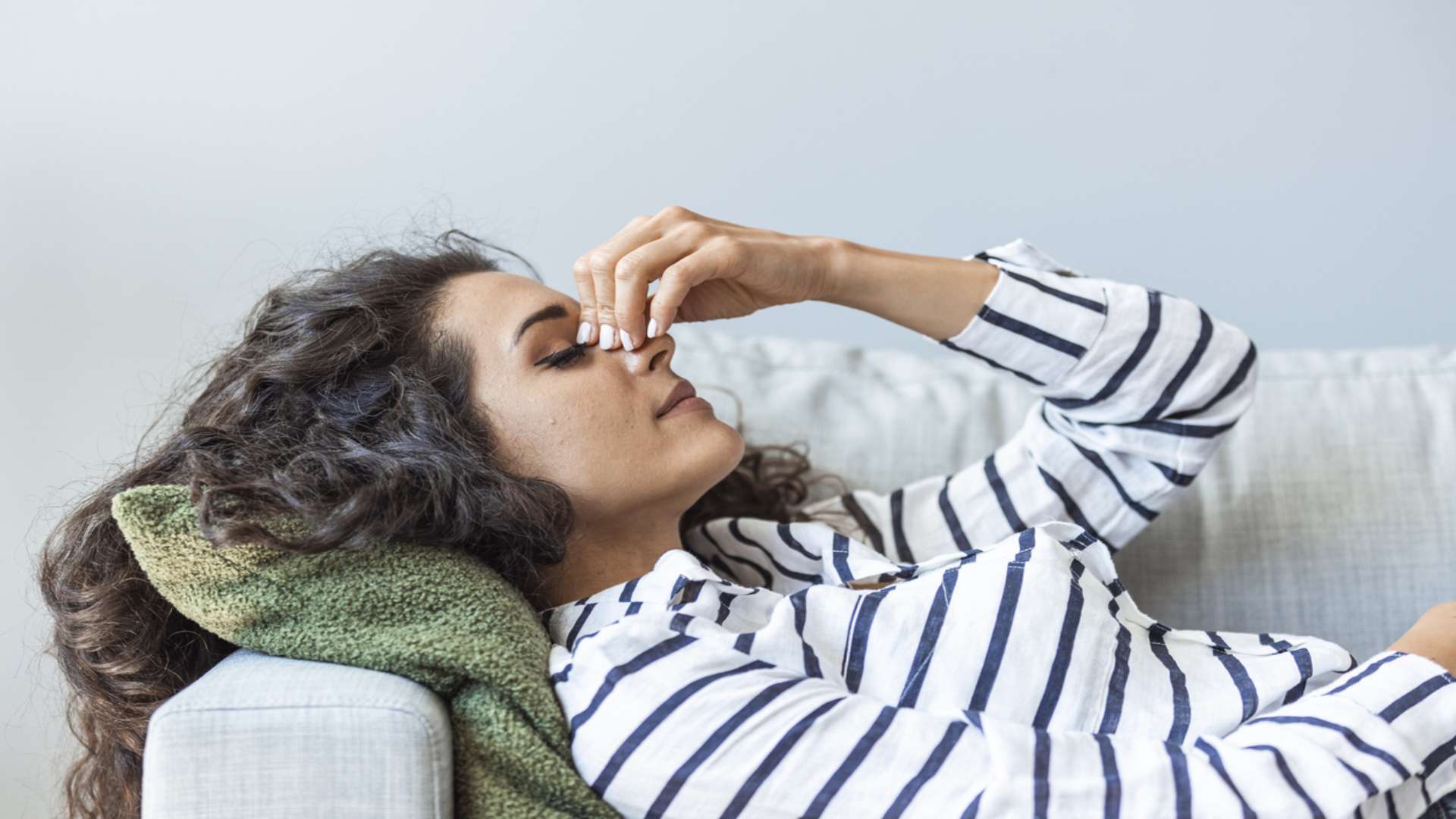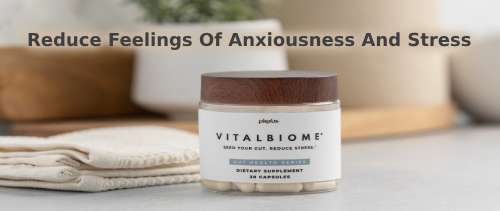Iron is a vital mineral that plays a crucial role in various bodily functions, including oxygen transport, energy production, and immune system health. Unfortunately, iron deficiency is a common health problem, particularly among women. This blog post will delve into the prevalence of iron deficiency in women, its causes, symptoms, and the importance of supplementation in addressing this nutritional gap.
Iron deficiency anemia, the most common type of anemia, occurs when the body does not have enough red blood cells to carry oxygen throughout the body. Women are at a higher risk of iron deficiency due to several factors. Menstruation, pregnancy, and childbirth can lead to significant blood loss, depleting iron reserves. Additionally, hormonal changes during these periods can affect iron absorption.
Statistics on iron deficiency among women are alarming. The World Health Organization (WHO) estimates that approximately 30% of women worldwide are iron-deficient. In the United States, iron deficiency anemia is a significant public health concern, especially among young women and pregnant women.
The symptoms of iron deficiency can be subtle at first but may become more severe as the condition progresses. Common symptoms include fatigue, weakness, shortness of breath, pale skin, cold hands and feet, and a rapid heartbeat. In severe cases, iron deficiency can lead to hair loss, brittle nails, and difficulty concentrating.
There are several factors that can contribute to iron deficiency in women. Inadequate dietary intake of iron-rich foods is a common cause. Red meat, poultry, fish, legumes, and fortified cereals are excellent sources of iron. However, many women may not consume enough of these foods to meet their daily iron requirements.
Another factor that can affect iron absorption is the presence of certain dietary components. Tannins found in tea and coffee can inhibit iron absorption. Additionally, the body's ability to absorb iron can be reduced by conditions such as gastrointestinal disorders, celiac disease, and certain medications.
In many cases, dietary adjustments and iron-rich food supplementation can help address iron deficiency. However, there are instances where supplementation may be necessary due to inadequate iron absorption or severe iron deficiency. Iron supplements come in various forms, including tablets, capsules, and liquids. It is essential to consult with a healthcare professional to determine the appropriate dosage and type of iron supplement based on individual needs.
While iron supplements can be effective in treating iron deficiency, it is crucial to address the underlying causes. If dietary factors or medical conditions are contributing to iron deficiency, addressing these issues is essential for long-term improvement.
In conclusion, iron deficiency is a common health problem among women, with significant implications for their overall well-being. By understanding the causes, symptoms, and treatment options, women can take proactive steps to maintain adequate iron levels and improve their quality of life.




